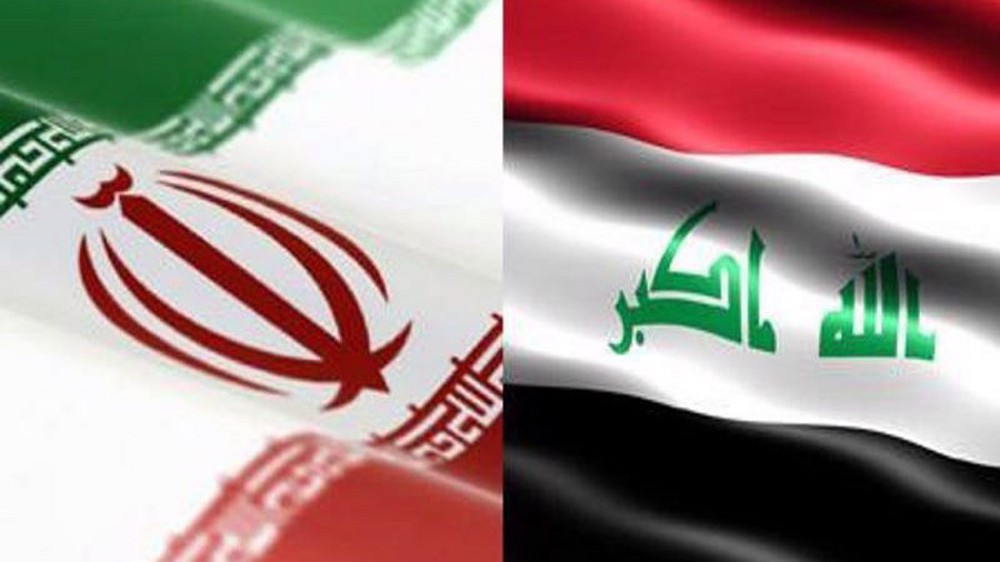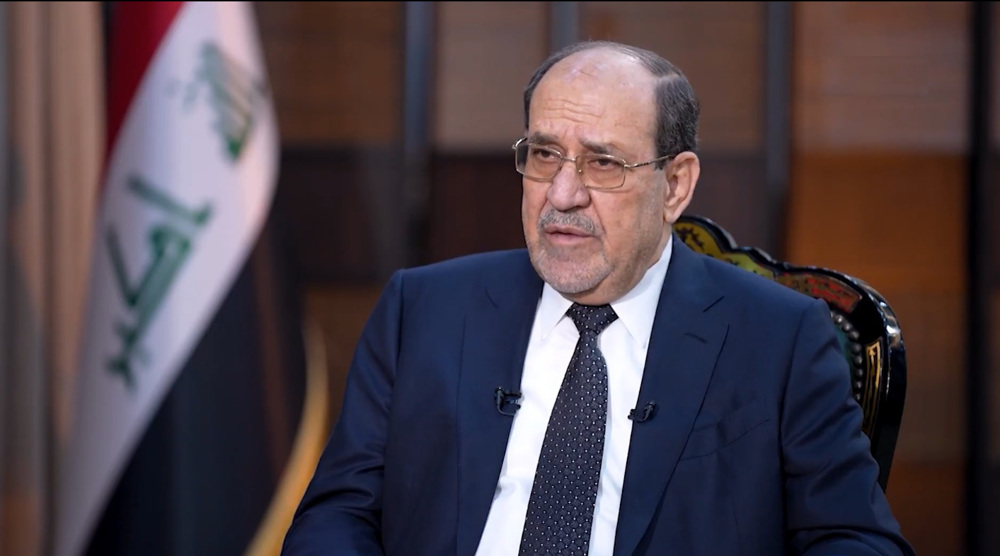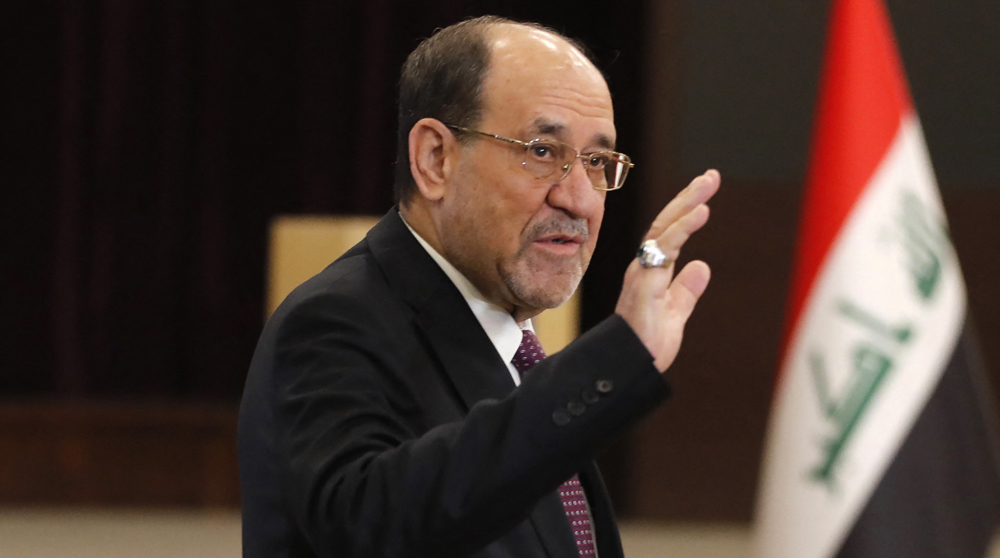US has ‘no right’ to be in Iraq, aims for ‘expansion of empire’ in West Asia: Analyst
The United States has no right to be in Iraq and what Washington is aiming for, through its illegal presence in the Arab country, is the expansion of its empire across the West Asian region, an American political analyst says.
Richard Becker, a commentator with ANSWER Coalition from San Francisco, made the remark in a Thursday edition of Press TV’s The Debate program, while commenting on Iran’s retaliatory response to the US assassination of top anti-terror commander, General Qassem Soleimani, and his Iraqi trenchmate, Abu Mahdi al-Muhandis, with a barrage of missiles that hit two American military bases in Iraq.
Tehran said the missile attack on the US base in Iraq did not mean to take lives but targeted the US war machine and showcased the pinpoint accuracy and power of Iranian missile systems.
Iran said the move put across a strong message that US military forces should voluntarily withdraw from the region before being driven out by force.
“The assassination of General Soleimani is a war crime and was also a clear violation of Iraq’s sovereignty, it was a war crime against both Iraq and Iran,” Becker told Press TV on Thursday.
“The real objective of the Iranian government is to get US forces out of the region and particularly out of Iraq and that is accomplished… The United States has no right to be in Iraq, has no rights to have its troops there. This is an expansion of empire until we have US troops all over the region,” he added.
Michael Lane, founder of American Institute for Foreign Policy from Washington DC, the other panelist invited to The Debate program, claimed the presence of US troops in Iraq had been authorized by the Iraqi government.
“We are there by permission of the Iraqi government,” Lane said. “So we are not an illegal occupier or anything like that, we have a real possible future here, I believe this is going to be a small pulling-down period where Trump is going [to] check out Iran and Iran’s going to check out Trump and we are going to see what the next step is, if we can somehow persuade the parties and the next step is to open diplomatic relations and talk, that would be fabulous.”
On Friday, US airstrikes assassinated Lieutenant General Qassem Soleimani, commander of the IRGC’s Quds Force, and Abu Mahdi al-Muhandis, the second-in-command of Iraq’s Popular Mobilization Units (PMU), among others, after targeting their vehicles in Baghdad. The assassinations took place on the direct orders of US President Donald Trump with the US Department of Defense taking responsibility for the strike.
Both commanders were admired by Muslim nations for eliminating the US-sponsored Daesh Takfiri terrorist group in the region, particularly in Iraq and Syria.
Soon after the assassination, the Supreme Leader of the Islamic Revolution, Ayatollah Seyyed Ali Khamenei, said Washington was to face a “harsh revenge” for the atrocity.
Early on Wednesday, the IRGC fired volleys of ballistic missiles at the Ain al-Assad air base in Iraq’s Anbar Province, and another outpost in Erbil, the capital of the semi-autonomous Iraqi Kurdistan, both of which housed US forces.
Trump has denied that the Iranian strikes led to any casualties. Tehran said the US military conducted at least nine sorties after the operation, taking the wounded to Jordan and the occupied territories, while Chinook helicopters transferred the injured Americans to the US hospital in Baghdad.
Iraqi lawmakers have unanimously approved a bill that calls for the withdrawal of all US led foreign troops from the Arab country following the US assassination of the two top commanders.
Somalia president vows to prevent any Israeli military base in Somaliland
Pezeshkian: Iran’s nuclear logic rooted in rights enshrined in NPT
VIDEO | Mexican anti-Trump protesters rally against US intervention in Latin America
VIDEO | Defeating Western and US sanctions for decades
VIDEO | Iranian police officer martyred by foreign-backed terrorists during recent unrest
VIDEO | 'Ta Soraya' Award advances Iran knowledge-based economy
VIDEO | Japan starts voting as polls suggest Takaichi’s coalition set to win
Israel killed 37 Palestinian children in 2026 Gaza attacks: UNICEF












 This makes it easy to access the Press TV website
This makes it easy to access the Press TV website